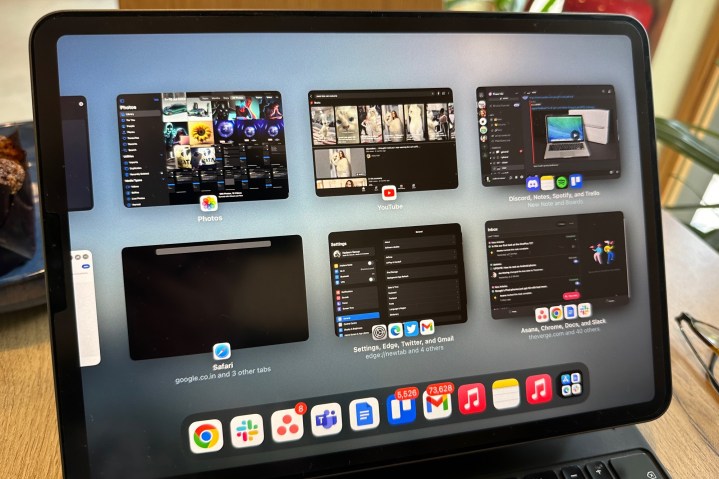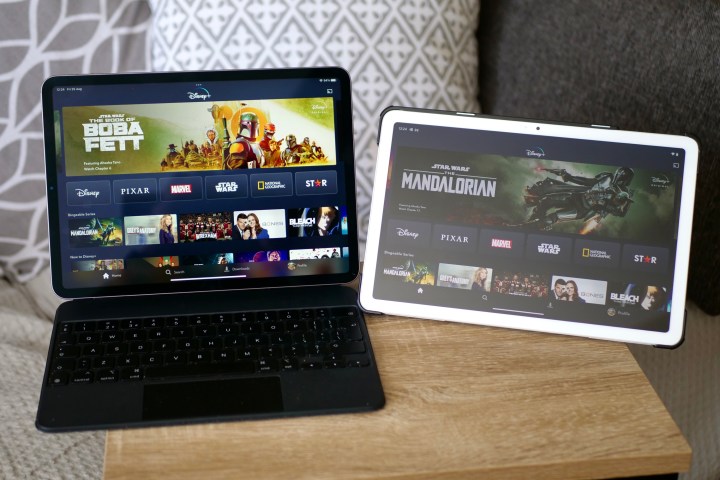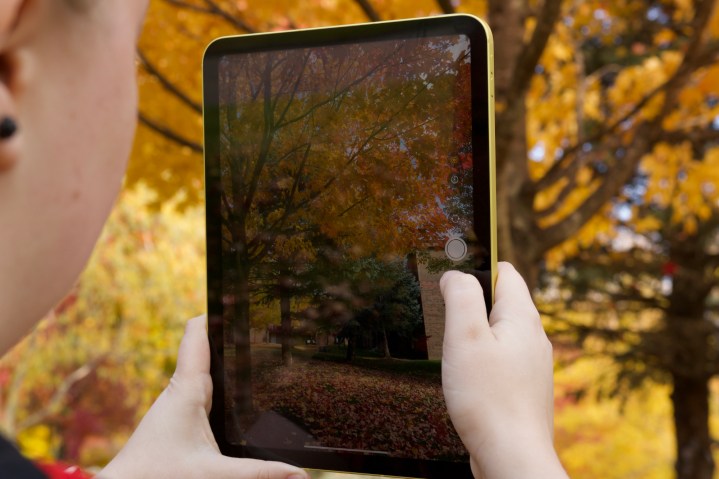Apple typically releases a new version of its products every year, but 2023 was different. That was the first year Apple did not release any new updates across the entire iPad lineup.
We’re now a couple of months into 2024, and it’s rumored that Apple could be dropping new iPad models this month — as early as this coming Monday or Tuesday. After all, a new M3 MacBook Air just came out, so naturally, we should expect new iPads after not having any update last year.
But new iPads just don’t excite me anymore. In fact, it’s been years since I’ve cared about the iPad. Here’s why — and how I hope Apple can change my mind.
iPadOS is still limited

My biggest problem with the iPad lineup is that it runs iPadOS. Even with the numerous updates Apple has made over the years, it’s still just a version of iOS that’s been stretched across a bigger display with some multitasking tricks thrown in. In the past, I’ve tried to use an iPad Pro as a replacement for a laptop and do all of my work on it. This was always a miserable experience that I could never put up with.
Sure, Apple has improved iPadOS 17, such as the reworked version of Stage Manager. But for me, my workflow often includes having to save images, rename and resize them, highlight or magnify parts in images, upload them to WordPress, and reference multiple browser windows while writing in my text editor. That’s all cumbersome to do on an iPad, regardless of the model. All this is easier for me to do on my 27-inch iMac.
I’ve given up on getting serious work done with an iPad. The only reason I would potentially use an iPad for work is to write a draft of an article because it’s still the best for distraction-free writing. But when it comes to renaming and resizing files, converting them, and other tasks, I’d rather just do that on my computer. It’s easier, faster, and more streamlined.
Some people can do all of their work with just an iPad, and that’s great for them! But for my workflow, it makes more sense for me to do it all on a computer. And unless Apple has a drastic overhaul planned for iPadOS 18, I don’t see that changing any time soon.
Apple has been coasting for years

But it’s not just the software. It’s very clear that Apple has been coasting along on the success of the iPad, largely because there just aren’t that many great Android alternatives. With a few exceptions, most Android tablets aren’t worth your time, which is why the iPad remains one of the best tablets that you can buy.
While Android tablets do the job for those who buy them, the problem is that Android has even worse tablet optimizations, particularly when it comes to third-party apps. There’s also the repeated issue of sluggish performance, especially with the countless cheaper options that are available.
This has been a problem for years, and Google has never fully resolved its issues with tablets. Without much competition, Apple has been able to coast along with the iPad and iPadOS to the point where it’s no longer exciting for me.
Unlike the iPhone, which often has to catch up to the competition, the iPad and its software just feel a bit stagnant. It’s that odd place between a smartphone and a computer that, at least for me, feels increasingly unnecessary in my daily life.
The iPad has become too messy

When Steve Jobs announced the first iPad in 2010, things were simple—there was just one model. Right now, Apple is selling six different iPad models in five different sizes: iPad mini, 9th-generation iPad, 10th-generation iPad, iPad Air, 11-inch iPad Pro, and 12.9-inch iPad Pro.
Not only that, but the lineup uses five different processors, two different charging ports, and a mishmash of accessories with specific compatibility. Three versions of the Apple Pencil are now being sold, too. In short, it’s a mess.
Rumors have been suggesting that Apple will launch a larger 12.9-inch iPad Air in addition to the standard 10.9-inch size that it currently has. The iPad Pro will reportedly have slightly larger displays, going to 13 inches and 11.1 inches.

This could have something to do with the possibility of the iPad Pro models going with a full OLED display rather than LCD and mini-LED, while the Air still uses an LCD display. But still, do we really need another size added to the iPad Air? A new size for the mid-range iPad Air just seems unnecessary and complicates an already messy lineup as is.
Furthermore, with the limitations of iPadOS itself, does one iPad really do something better than another one, at least for most people? There are exceptions, of course, like graphically intensive apps and games that would be best on an iPad Pro. But does it really matter when you’re just using an iPad to consume content, check email, browse the web, and do other basic tasks?
I’m curious to see what Apple does with its newest iPads, and I hope it can change my mind. But given how the iPad family has been handled over the last few years, I’m not holding my breath.
Editors’ Recommendations
Leave A Comment
You must be logged in to post a comment.